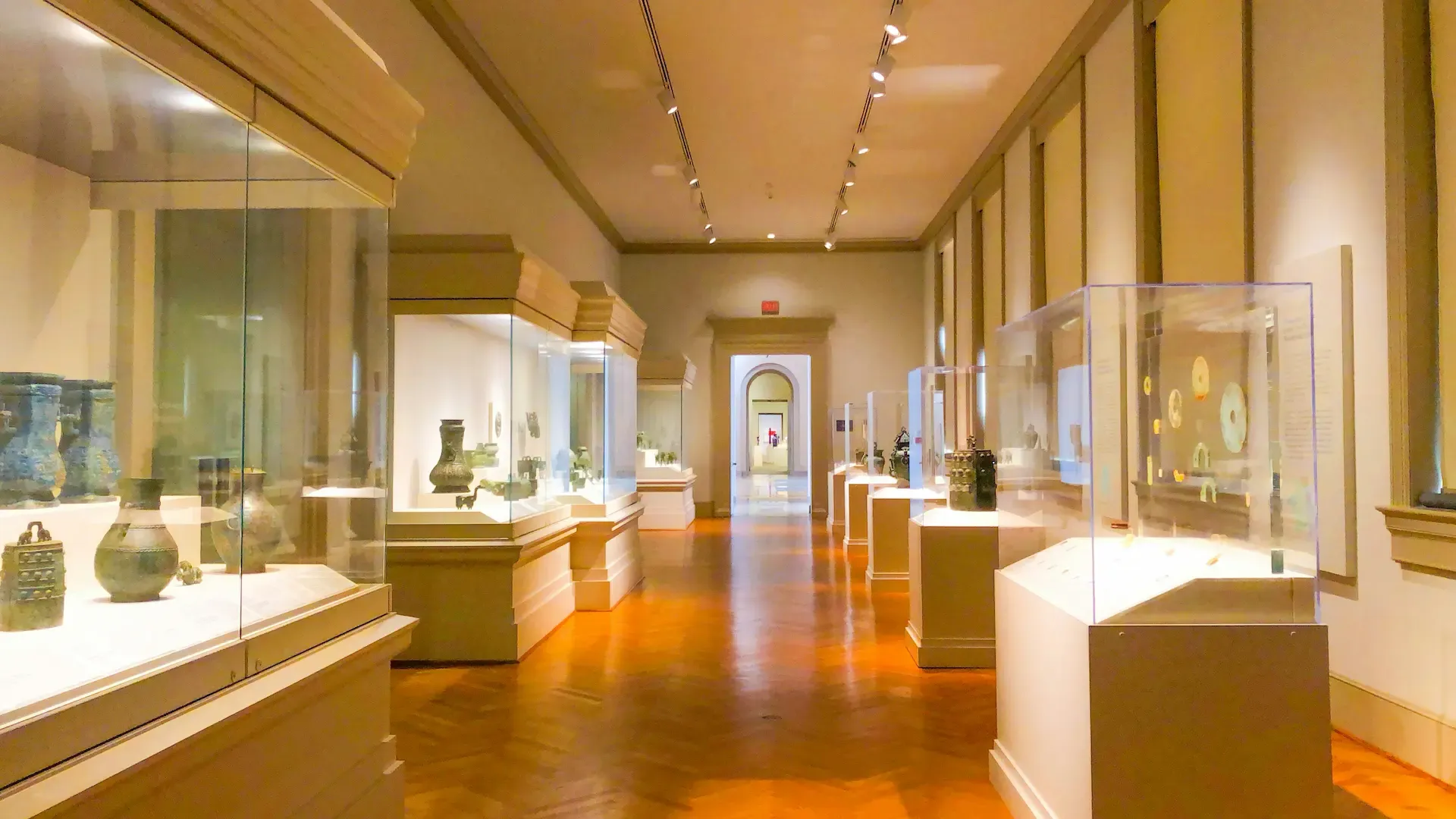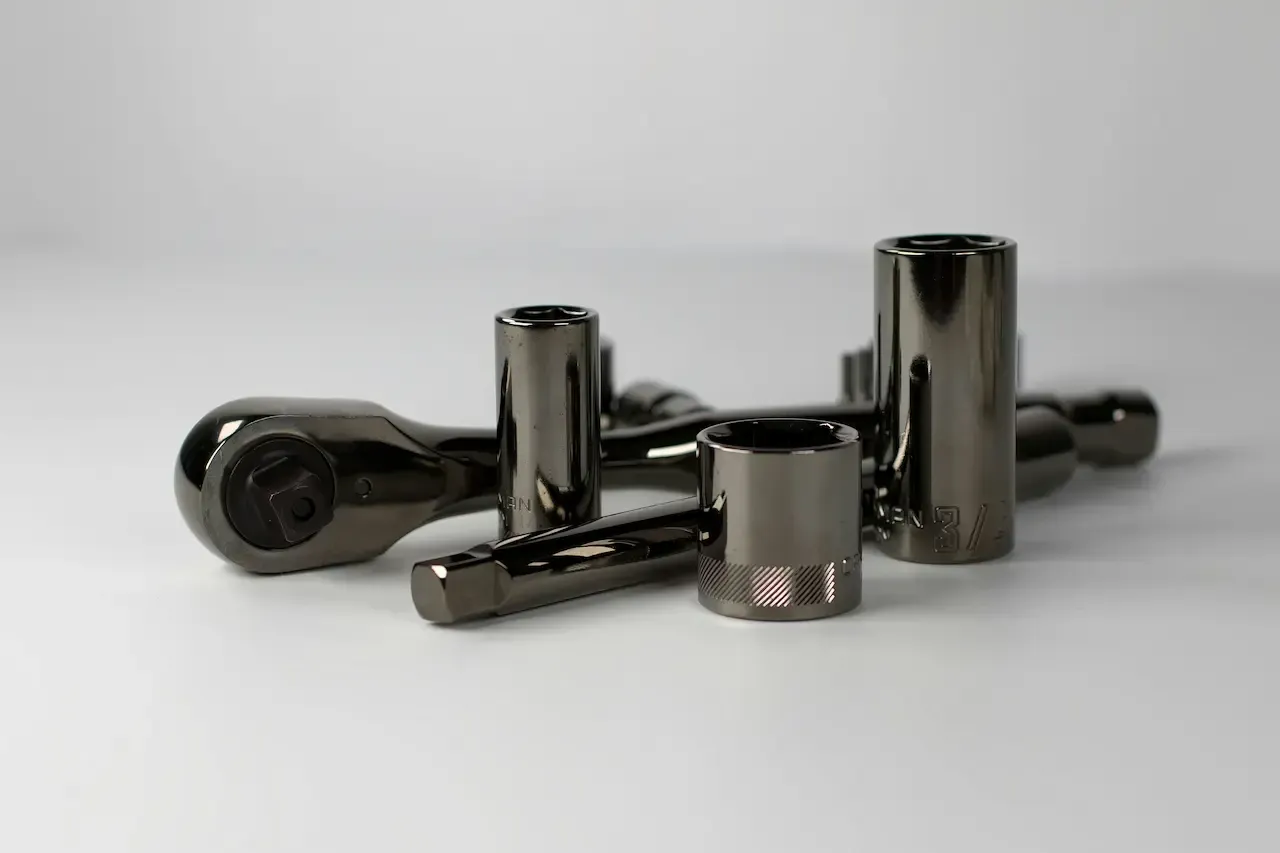Anthropology and the mundane
How much of your day to day life is possible because everyone shares in common knowledge that's not written down? Can that be lost?

A few days ago we’ve been talking about some stuff in one of the discord servers. In that we mentioned the 10mm sockets and how it’s always missing to the point where it’s a cultural shorthand. Kinda like how socks lose their halves in the dryers.
I remember having read a tumblr post? An article? Something about there being three condiment shakers on the tables. We have salt, pepper. They had salt, pepper, and ???. No one knows. Here’s a longer, excellent post by someone else also talking about this.
Which made me think: how much of what we talk about today is going to be forgotten two hundred years later? Someone reading all the memes about all the 10mm sockets magically living in Narnia have any idea why that made sense in the early 21st century? What even WAS a 10mm socket? What’s a Narnia? Why did people keep losing their 10mm sockets, whatever they were?
In the interest of preserving cultural history, let’s talk about the 10mm socket. Also hi, future anthropology nerds!

What even is a 10mm socket?
In the image above the socket is the cylindrical part. One end has a hexagonal hole, the other end has a square hole. The hexagonal holes come in different sizes. 10 mm is one of these sizes.
In case mm, or millimeter, is no longer in use in the future, 1 mm is the distance that light travels in 1/299 792 458 000 seconds.
In case second is no longer in use, it’s a measure of time. Earth, the only planet we’re currently inhabiting — as we do not have a way to travel to other solar systems, and no human has visited other planets yet — rotates around its axis every 24 hours. Each hour is broken up into 60 minutes, and each minute is broken up into 60 seconds. You should be able to have a good approximation for a second. If you want to be super precise, take a caesium-133 atom and measure its unperturbed ground state hyperfine transition frequency. It cycles 9 192 631 770 times in a second. That’s our current scientific definition of the time interval we call a second on the surface of Earth.
Caesium-133 is the only stable isotope of the element we call Caesium. It has 55 protons and 78 neutrons.
Right, so now we have a millimeter. The hexagonal hole of the socket fits exactly rigth onto a hexagonal head of a screw. A screw is usually a metal stick with a helical pattern on it that fits into a screw hole which has the same helical pattern. Think of it as a wedge wrapped around a cylinder. We use screws to hold things together.
The 10mm is a common metric size for bolts (another name for screws), which means that a lot of machinery and furniture uses 10mm screws. We like fixing our machines ourseles, and some of them are easy enough for the everyday person without any specialised training or equipment other than a socket wrench (the arm that is used to produce torque so we can tighten or loosed the screw) or a spanner (a long flat metal tool with a place to slide a bolt in from the side, but still used to turn them). This means people work on a lot of things that need 10mm screws loosened or tightened, and because we’re not really good at discipline and get distracted, we set down the 10mm socket someplace and forget where we put them by the time we need to put it away. Or we drop it down some machinery and it ends up someplace a lot different than we’re expecting it to. In short, we lose them.
We lose them so often that it’s become a common bonding point between people. “Hey, I lost my 10mm socket...” followed by “No way, dude, I lost mine as well! They should sell them by themselves!”
Making jokes and memes about it is a way to deal with our frustrations of actually losing our tools.
Back to my 2024 and contemporary readers: how much of your life makes assumptions that everyone has the same baseline knowledge? Is that going to hold up in 50 years? Do you care? Should you care?
- Millimeter on Wikipedia
- Second on Wikipedia
- Caesium-133 on Wikipedia
- Header photo by Jes Rodríguez on Unsplash
- Subheading photo by Barry A on Unsplash
